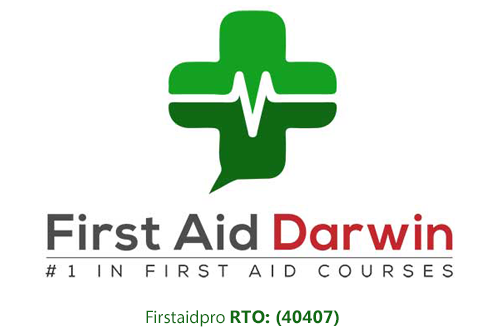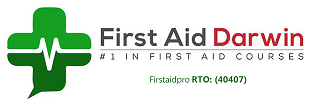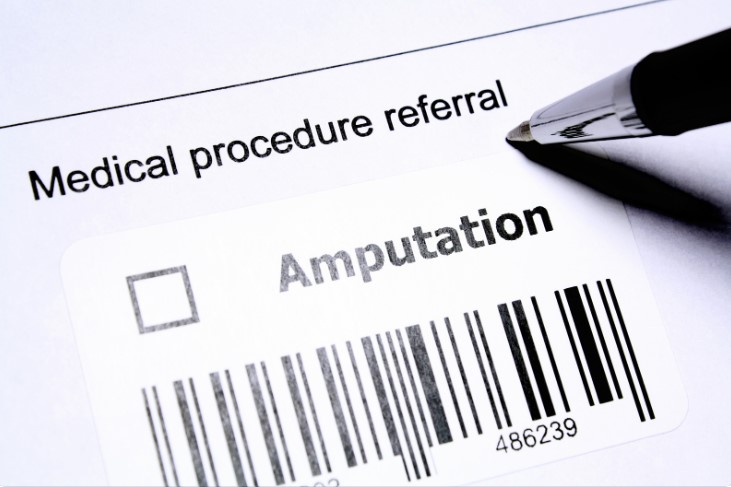What Does Irregular Heartbeat Mean: Irregular heartbeat or heart arrhythmia is a condition wherein the electrical signals that coordinate the heartbeat do not work properly. The faulty signals may cause the heart to beat irregularly – either too fast (tachycardia) or too slow (bradycardia).
What Is Irregular Heartbeat
Irregular heartbeat (arrhythmia) means the heart is out of its usual rhythm. The person may feel like their heart skipped a beat, has added a beat or is flattering.
The normal heartbeat has a regular rhythm with a node of about 60 to 100 beats per minute.
- Tachycardia: fast heart rhythm (greater than 100 beats per minute)
- Bradycardia: slow heart rhythm (less than 60 beats per minute)
The heart is a complex system composed of valves, nodes, and chambers. All of these are used to control the heartbeat rhythm and pumping of blood.
Any disruption, damage, or situation where the vital system is compromised can change the heartbeat’s pattern.
An irregular heartbeat can occur even in normal, healthy hearts. Causes of arrhythmia can range from substances and medications intake to drinking caffeine, alcohol, and cold remedies.
An emotional shock from extreme fright or stress can also result in arrhythmias.
Not all irregular heartbeat is life-threatening or causes health complications. However, to be safe, it is best to report any abnormal heart rhythm to a specialist.
Irregular Heartbeat Symptoms
Irregular heart rhythm can cause a broad range of symptoms. It can be silent and non-noticeable for others, while some may occur in rapid, fluttering sensation in the chest or neck area.
In general, signs and symptoms of irregular heartbeat may include
- Fluttering in the chest
- Feeling faint, dizzy, or lightheaded
- Fatigue or general weakness
- Shortness of breath (difficulty breathing)
- Chest pain or pressure
- Irregular pulse (heart palpitations)
- Pale skin
- Profuse sweating
- In severe cases, collapse and sudden cardiac arrest
Pain or pressure in the chest might be an indicator of a heart attack. Seek medical assistance immediately. If the person collapses and stops responding or breathing after reporting chest pain, call triple zero(000) immediately.
When Should I Be Worried About An Irregular Heartbeat?
An irregular heartbeat could be harmless or a warning sign of a medical emergency.
Arrhythmias that happen more than once, or may be related to an underlying heart condition are at particularly high risk, and should get a proper evaluation from the doctor – both after the arrhythmia occurs, and at regular intervals afterwards.
In most cases, treating the underlying cause will take care of irregular heart rhythm. If not, certain medications and procedures are recommended to eliminate or control arrhythmia.
For symptoms that are getting severe, seek medical help right away. Health professionals can do a series of tests to diagnose the condition and next-step treatment.
There are many ways to diagnose an arrhythmia, such as Electrocardiogram (ECG or EKG), Holter monitor, event recorder, echocardiogram.
Treatment And Prevention
The treatment for irregular heartbeat will depend on whether the person has tachycardia or bradycardia.
Medical intervention is generally only necessary if the abnormal heart rhythm is causing significant symptoms or putting the person at higher risk of severe heart problems. Otherwise, the condition normally doesn’t require further treatment. This decision should be made by a doctor, though.
Here are common treatments for heart arrhythmias.
Medications
There are anti-arrhythmic drugs available to convert irregular heartbeat to a normal sinus rhythm.
Other medications available for use may include heart-rate control drugs, anticoagulants, anti-platelets drugs, or blood thinners. Aspirin may also reduce the risk of stroke and prevent arrhythmia.
Therapies
Vagal maneuvers and cardioversion therapies may help stop abnormal heart rhythms.
Vagal maneuvers are a first-line treatment to slow down a fast heart rate of more than 100 beats per minute. It is a low-risk therapy and costs less than other treatment options.
Cardioversion is a medical treatment that helps restore normal heart rhythm for people with certain types of arrhythmia, such as Atrial fibrillation (AFib) or Ventricular Fibrillation (VFib).
In the cardioversion procedure, a shock is delivered to the person’s heart through paddles or patches on the chest. The current coming from these paddles can affect the heart’s electrical impulses, attempting to restore a normal rhythm.
Surgery
Treatment for irregular heartbeat may also involve surgery, including heart device implants.
Certain conditions may require open-heart surgeries and the use of artificial pacemakers.
Prevention
The abnormal heart rhythm may sometimes be related to lifestyle factors. The following prevention tips can help limit the occurrence of arrhythmias:
- Eat-heart healthy foods
- Exercise regularly (weekly total of 2.5 to 5 hours of moderate to intense activity)
- Quit smoking habits
- Maintain healthy weight
- Keep blood pressure and cholesterol levels in a manageable range
- Drink alcohol in moderation
- Maintain follow up care
While some cases are unavoidable, taking these steps can help reduce the risk of arrhythmia.
Learn First Aid
Learn first aid, and be ready to help someone having a heart attack that developed from an irregular heartbeat.
CPR is a life-saving skill that everyone can do.
Check out First Aid Courses Darwin for more information.








